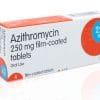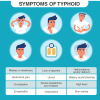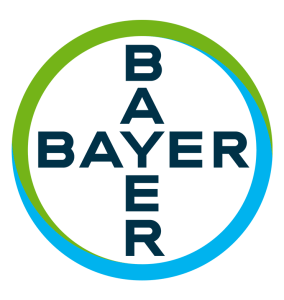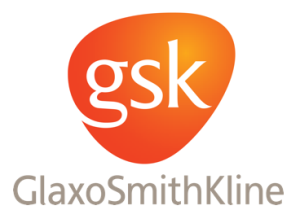No products in the cart.
Clarithromycin | A Macrolide Antibiotic
| Introduction | Clarithromycin available under the brand names of Klaricid, Claritek, Clarion and more, is an antibiotic that can be used to treat a variety of infections. It’s used to treat chest infections like pneumonia, as well as skin diseases like cellulitis and ear infections. Helicobacter pylori, a bacteria that can cause stomach ulcers, is also treated with it.People who are allergic to penicillin and antibiotics that are related to penicillin, such as amoxicillin, may take clarithromycin. |
| Class of Medicine | Clarithromycin belongs to the macrolide antibiotics family of drugs. It works by preventing bacteria from growing. Colds, flu, and other viral diseases will not respond to antibiotics like clarithromycin. |
| Mode of Action | By attaching to the bacterial 50S ribosomal subunit, clarithromycin, a semisynthetic macrolide antibiotic derived from erythromycin, suppresses bacterial protein production. Binding prevents amino acid translocation during translation and protein assembly by inhibiting peptidyl transferase activity. |
| Medical Uses | Clarithromycin is used to treat bacterial infections such pneumonia, bronchitis (infection of the tubes that lead to the lungs), and infections of the ears, sinuses, skin, and throat. |
| Avaiability & Usage | Clarithromycin in gernerally available in Tablet and Syrup forms. Indicated for the treatment of mild-to-moderate infections caused by susceptible isolates of Haemophilus influenzae, Haemophilus parainfluenzae, Moraxella catarrhalis, or Streptococcus pneumoniae. For 7-14 days, take 250-500 mg every 12 hours. 1000 mg once daily for 7 days (extended release) Acute Sinusitis of the Maxilla For 14 days, take 500 mg every 12 hours. 1000 mg once daily for 14 days (extended release) Infection with Mycobacterium For 7-14 days, take 500 mg every 12 hours. Use in combination with other antimycobacterial medications to treat disseminated infection caused by Mycobacterium avium complex (MAC) (eg, ethambutol) Peptic Ulcer Disease (PUD) is a type of stomach ulcer. For 10-14 days, take 500 mg every 8-12 hours. Administer with bismuth subsalicylate, amoxicillin, H2 receptor antagonist, or proton pump inhibitor as part of a 2- or 3-drug combination therapy. Tonsillitis, Pharyngitis: 250 mg every 12 hours for 10 days Pneumonia acquired in the community For 7-14 days, take 250 mg every 12 hours. 1000 mg once daily for 7 days (extended release) 250 mg every 12 hours for 7-14 days for skin/skin structure infection Pertussis is a kind of pertussis that causes (Off-label) For 7 days, take 500 mg PO twice a day. |
| Side Effects | General Side Efeects in more than 1% Gastrointestinal (GI) effects, general (13%) Abnormal taste (adults, 3-7%) Diarrhea (3-6%) Nausea (adults, 3-6%) Vomiting (adults, 1%; children, 6%) Elevated blood urea nitrogen (BUN; 4%) Abdominal pain (adults, 2%; children, 3%) Rash (children, 3%) Dyspepsia (2%) Heartburn (adults, 2%) Headache (2%) Elevated prothrombin time (PT; 1%) |
| Caution (while taking with other medicine) | Heart and Blood Vessel Problems. In patients with these conditions, clarithromycin may increase the risk of heart and blood vessel problems. It could happen a year or ten years after taking this medication. If you are concerned about this risk, consult your doctor. This medication may cause diarrhoea, which can be severe in some cases. |
| Important Warning | Clarithromycin may cause QT prolongation, which is a heart rhythm problem. This condition can result in rapid, erratic heartbeats. Clostridium difficile-associated diarrhoea can be caused by almost all antibiotics, including clarithromycin. |
| Available Brands | Klaricid Claritek Clarion |


















